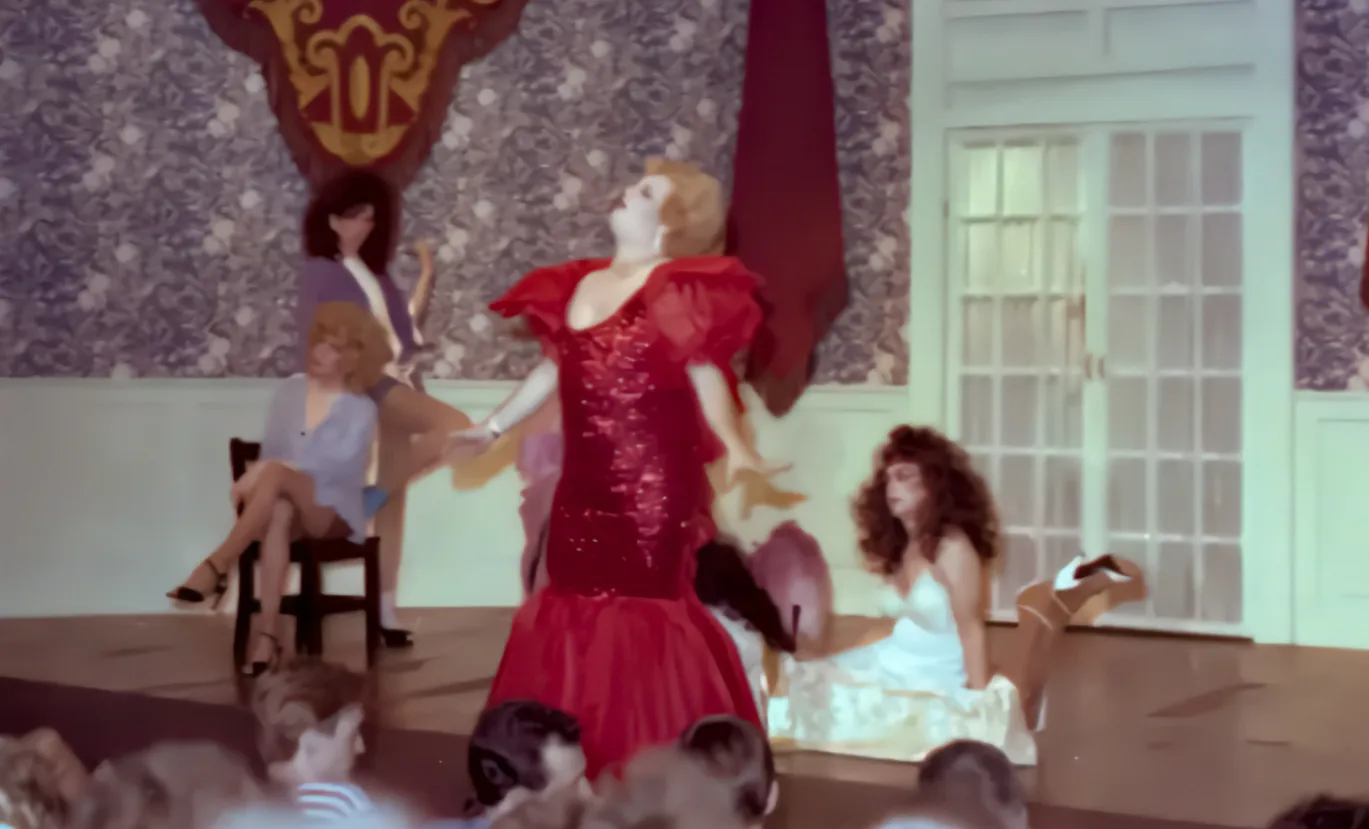In the summer of 1983, the specter of AIDS loomed over the LGBTQ+ community, casting a shadow of fear, misinformation, and government inaction. The crisis was just beginning to take hold, but already, lives were being lost, and silence was proving to be as deadly as the disease itself. In Memphis, a city still grappling with its own prejudices, a bold response emerged. On June 10, 1983, the Memphis Gay Coalition organized Old Hash, a benefit drag show at the Circuit Playhouse—now known as Evergreen Theatre. It was more than a performance. It was an act of resistance.
At a time when AIDS was spoken about only in hushed tones, Old Hash dared to acknowledge it, raising nearly $2,200 for research and education. The event brought together local drag performers, activists, and allies, creating a night of laughter, talent, and defiance. George’s bar, a mainstay of Memphis’s LGBTQ+ nightlife, contributed $600, a testament to the collective will of the community. When few others would fight for them, they fought for each other.
Drag has always been at the forefront of LGBTQ+ activism. The performers who took the stage that night understood the power of visibility, of joy, of gathering in the face of crisis. Old Hash wasn’t just about raising funds; it was about breaking the silence. It was about proving that even in the most terrifying of times, the community would stand together.
The event’s impact stretched far beyond the money it raised. It set a precedent, sparking a wave of grassroots activism that would continue through the worst years of the epidemic. As the crisis deepened, Memphis would see more fundraisers, more protests, more moments where the LGBTQ+ community refused to be forgotten. The legacy of Old Hash endures not just in memory but in every effort to fight stigma and secure health care for those in need.
Today, when we celebrate Pride, we do so in part because of moments like this. Because in 1983, when the world looked away, Memphis’s LGBTQ+ community refused to let their people die in silence. The performers, the activists, the people who filled the seats at the Circuit Playhouse that night—they didn’t just raise money. They laid the foundation for the fight that continues to this day.
